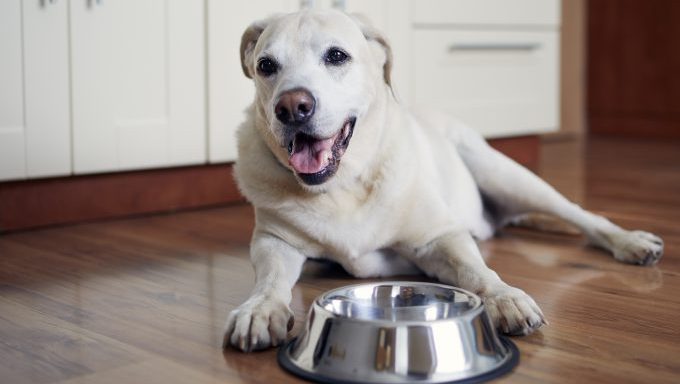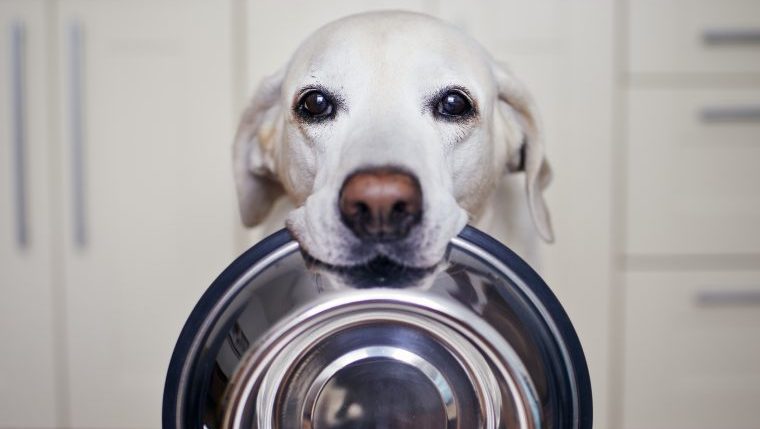
Some dogs can be quite food-motivated species, so it’s natural for them to be excited about their meals. Scraps from hunter-gatherers are what is believed to have domesticated gray wolves, from whom the modern dog descended. But, if you think your dog may be too food-motivated, that is, if your dog always barks and whines for food, even after being fed, you may want to investigate this behavior further. Here are some of the reasons your dog is always hungry.
Improper diet
Food must perform its primary function of providing correct nutrition to your dog’s body. Overfeeding or underfeeding will both result in your dog constantly being hungry. Consult a pet nutritionist and choose a diet plan customized to your dog’s needs and lifestyle.
Nutrient malabsorption
You may be feeding your dog a nutrient-rich diet, but if their body is unable to absorb the nutrients, they will always demand more food. Nutrient malabsorption is caused by various reasons, including parasitic infections, gastrointestinal disorders such as inflammatory bowel syndrome, exocrine pancreatic insufficiency, bacterial overgrowth in the intestines, or even cancer. Consult your vet and get a thorough check-up to know the underlying reason for your dog’s insatiety.
Metabolic and hormonal disorders
Diabetes results in a lack of insulin despite excess glucose in the dog’s bloodstream. This traps the glucose out of the body’s cells, sending signals to the dog’s brain indicating they are still hungry. Insulin injections and dietary changes may help in managing diabetes.
Hyperadrenocorticism, also known as Cushing’s Disease, is a hormonal disorder that leads to excess glucocorticoid production — a hormone that helps dogs manage stress — resulting in increased appetite. Once diagnosed, your vet will prescribe medication to manage this condition.
Medications
This may be a bit of a catch-22 situation. If your dog is on medication such as thyroid supplements, corticosteroid sedatives, or anticonvulsants, your dog may beg for food all the time. Ask your vet to alter the dosage or consider an alternate drug. You can also feed your dog an appropriate meal, such as a low-glycemic vegetable, to manage the drug Prednisone’s side effects.
Psychological factors
Perhaps your pooch has learned the demanding behavior and now uses it to “guilt” you into feeding them 24/7. Those puppy eyes are lethal, and they know it! You can correct this pattern by training yourself and your family members to stick to a vet-approved meal schedule. Do not hand out treats outside of meal and training times. Feel free to use the command “wait” as and when required.
Another reason your dog is always hungry is that they feel insecure in their environment, which may manifest as anxiety. Any stress the dog may be undergoing can trigger their “feast or famine” mentality, making them want to eat everything they can lay their paw on. You must identify the triggers stressing your dog and eliminate them where possible.
So, the next time you notice your dog inhaling the food in front of them and immediately asking for more, you can refer back to the list above and implement the action best suited for your dog.









